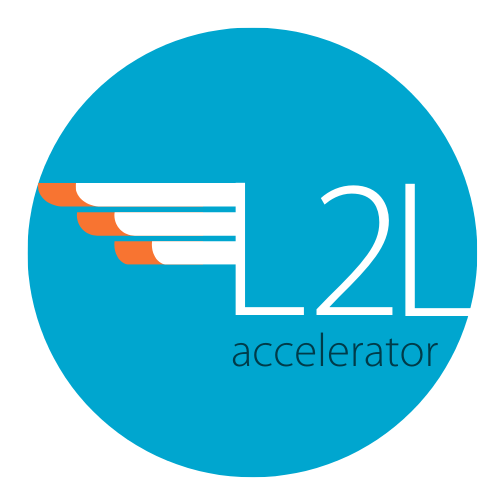Through his work in a university research lab, Dr. Fabricio Medina-Bolivar had experience with academic research funding programs. Ready to pursue commercialization funding for a biotech spinout company, he applied for the Lab2Launch Accelerator.

The Arkansas Small Business and Technology Development Center launched the accelerator in January to help early-stage companies develop high-quality proposals for the federal Small Business Innovation or Small Business Technology Transfer programs.
Medina-Bolivar was part of the first L2L-Accel cohort focused on the National Institutes of Health. A second cohort focusing on the National Science Foundation just wrapped up.
“I am a full time professor and oversee a research laboratory. I have submitted successful proposals in the past through my academic position, but this was my introduction to a business proposal that would assist in growing a company that I co-founded,” said Medina-Bolivar.
He is a professor of plant metabolic engineering at Arkansas State University, director of a laboratory at the Arkansas Biosciences Institute, and co-founder of Nature West.
Nature West has developed a patented system to manufacture plant compounds with a number of potential health applications. One of the questions the eight-week accelerator answered for the company was “if our proposal idea fit the niche for what the NIH was funding,” he said.
“The L2L Accelerator has provided all the information and human resources needed to build a high-quality proposal, from its conception until the submission process,” said Medina-Bolivar. “There were obstacles along the way, and the L2L Accelerator helped me address those challenges.”
‘Clear Path’ and ‘Open Atmosphere’
ASBTDC’s innovation consultant, Rebecca Todd, led the accelerator. Four of the companies from the NIH cohort submitted proposals during the agency’s spring application period, she said.
The NSF cohort members were originally targeting the June 4 submission deadline, but several have pushed back their plans due to COVID-19 and other factors.
In her view, the accelerator “provided a clear path for new SBIR/STTR applicants to follow in order to prepare competitive Phase I applications.” At the same time, the accelerator environment fostered an “open atmosphere” where the cohort members felt comfortable sharing their experiences with one another, she said.
“Some of the best learning took place during discussions that were led by the cohort members as they discussed challenges that they’d faced and new knowledge acquired from the previous week,” said Todd. “The accelerator environment was a place where each cohort member could expect to feel heard and receive support.”

Timely Virtual Format
The accelerator cohorts met virtually. Originally meant as a convenience for participants from across the state, L2L-Accel’s online format became necessary during COVID-19.
The NSF cohort kicked off on March 19. By then, the coronavirus had already caused Arkansas school districts as well as some universities to transition to online-only programming.
“Two of the teams in the NSF cohort included full-time university professors. When COVID-19 caused all academic programming to go online, these professors had to devote additional time and effort to their teaching to ensure a successful transition for their students,” said Todd.
In addition, two companies in the NSF cohort began to experience high demand for their existing commercial products when COVID-19 hit, limiting their time for L2L-Accel activities.
More Applicants from Arkansas
Arkansas ranks 38th in number of SBIR awards. ASBTDC created the accelerator to help more Arkansas companies pursue SBIR/STTR.
“The L2L Accelerator has made it easier for us to access the information we need to apply for the SBIR/STTR program as well as Arkansas state matching grants,” said Dr. Gurshagan Kandhola and Joseph Batta-Mpouma of NSF cohort company CelluDot LLC.

“Our plan is to submit a proposal on this ongoing round or the next,” they said.
CelluDot’s research focus is on developing an eco-friendly and cost-effective technology to stop herbicide drift. Representing the University of Arkansas at Fayetteville, the company won the graduate division at this year’s Arkansas Governor’s Cup business plan competition.
Dr. Michele R. Wright, founder of My Water Buddy, Inc. and My Learning Buddy, Inc., called the Lab2Launch Accelerator a “life changer.”
“Being an integral part of the L2L Accelerator was not only a game changer for me as a participant but a life changer for me as a business entity,” she said.
“By taking part in the L2L Accelerator, I was able to be challenged and in return challenge myself to greater heights and higher limits. This made for an end-product and well-composed proposal that was high-quality, written with great attention to detail, and executed with a relentless and tireless pursuit of excellence.”